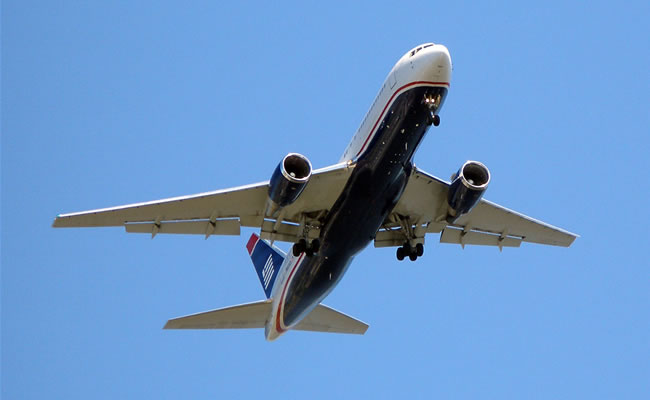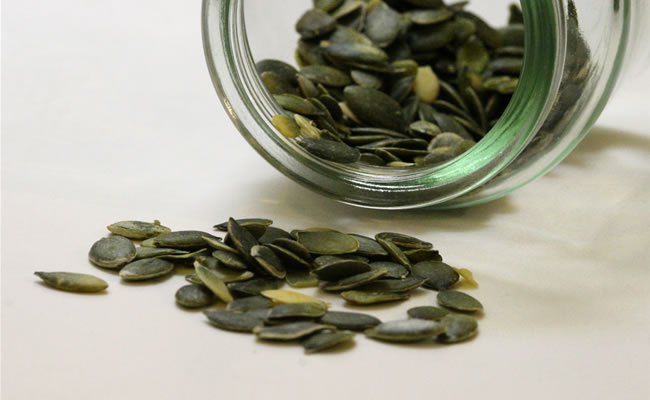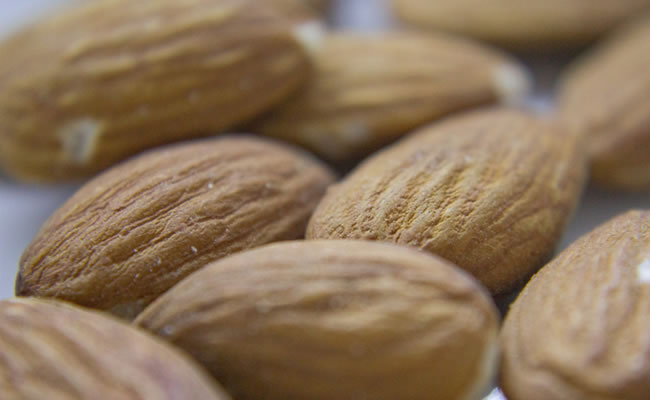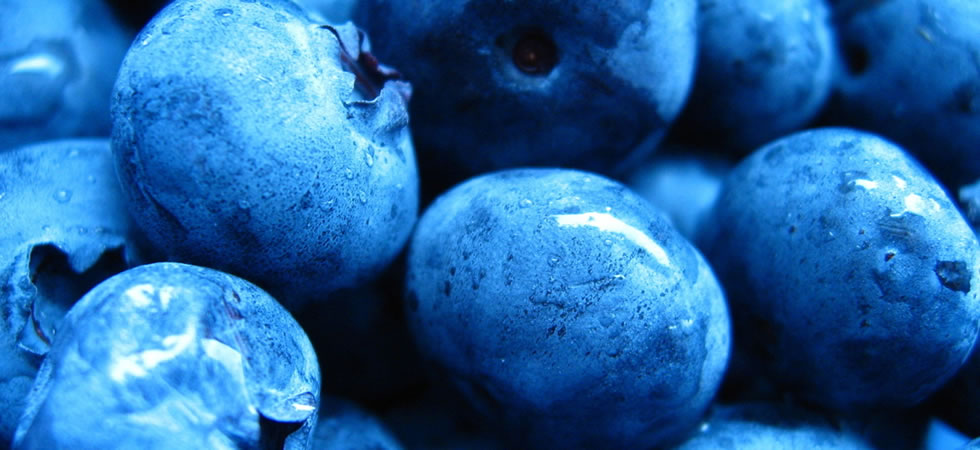Got a long flight? Prepare for takeoff and keep your skin looking and feeling healthy while flying with these top nutrition tips from London’s leading food nutritionist, Alice Mackintosh.
Air travel isn’t great for skin health and sadly it doesn’t matter whether you fly private or sit in coach, the effects are the same. The combination of dry air, jet lag, dehydration and preservative heavy plane food means your skin is at risk of looking tired and lacklustre upon arrival at your destination. Travel long haul often, and you put yourself at risk of high oxidative stress levels that can put increase chances of skin prematurely aging.
Thankfully, there is a contingency plan that can be put in place not only to help to protect skin and reduce the risk of damage, but to conveniently also help you feel more energized after a flight.
Protection from Oxidative Stress
Flying is quite a toxic insult to the body with harmful compounds being fired at you from a number of sources. Being at high altitude itself is quite toxic owing to the higher levels of ozone compounds and radiation from the sun. Coupled with this is the air that is circulated around the plane, which some claim comes into contact with exhaust fumes from the plane’s engine, making it quite polluted. Increased levels of free radicals such as these can damage cells all over the body and most noticeable to us is the impact is has on our skin. This wouldn’t be as much of a problem if we matched this intake of free radicals with scavenging antioxidants, the protective compounds that mop up and neutralise harmful chemicals preventing them from damaging our cells. Sadly, preservative heavy and far-from-fresh plane food is a far cry from being a source of antioxidants; and the 2 glasses of fizz you had before take-off don’t help either!

To stay protected, it’s advisable to try and at least take some of your own food with you – antioxidant rich blueberries or cherries are ideal and pretty easy to carry on in a Tupperware. Also make sure you eat plenty of colourful fruit and veg pre and post travel. You could also consider taking an antioxidant formula before, during and for 2-3 days after travel to top up levels. Wild Traveller by Wild Nutrition is ideal, or go for a greens powder containing spirulina, which is given to astronauts on ISS to keep them healthy. Not only does this deliver essential nutrients and amino acids, it also aids removal of toxins whilst delivering protective antioxidants. Indeed Mackintosh believes so much in the power of greens like spirulina that she is launching Equi London in Autumn 2015 with cofounder Rosie Speight, a range of targeted superfood powders that are perfect for the well-travelled busy lifestyle.
I also recommend using an antioxidant rich serum containing vitamin C during travel (under a moisturizer on make-up free skin) to help protect and replenish skin directly
Managing Jetlag
A lack of sleep is perhaps one of the biggest hitters for skin and can immediately steal your glow. To a certain extent this is unavoidable if you’re travelling through time zones but try to make amends and your skin will thank you. Being militant about when to sleep and when not to is important as this helps get the rhythm back quicker and I also recommend taking 2-3mg of melatonin before you go to bed the night you arrive to help get you to sleep and help you stay there.

Flying also depletes the body of zinc, a nutrient vitally important for many hundreds of processes in the body, including the formation of collagen. Taking 30mg of zinc picolinate can also help you make your own melatonin, and has the benefit of also supporting skin health. Those lucky enough to travel in first may want to dose up on zinc rich oysters, but you can also snack on sunflower seeds during a flight, and be sure to get some good quality seafood at your destination.
Preventing Dryness
The air that circulates on a plane is exceptionally dry which not only makes us dehydrated, but also can dry out skin. The obvious way of dealing with this is to stay hydrated and you should always, always take a big bottle of good quality water on a plane try to get through it over the course of the journey. Coconut water is another option, especially if you feel groggy or are prone to catching cold for long haul travel.

I also recommend snacking on almonds which contain healthy fats during the flight and also getting good levels of fish, avocado, olive oil and nuts in the diet in general to combat dryness.
Keep your skin well-oiled on a flight with a good quality moisturizer, again on make-up free skin. I also recommend spritzing a hydrating toner over skin now and then, which can also wake you up prior to arrival. Liz Earle do travel size kits so you can get them through security.
Alice Mackintosh is a degree-level Nutritional Food Therapist at The Food Doctor Clinic on Harley Street in central London. She advises on all aspects of nutrition, inc intolerances and allergies, hormonal imbalances, digestive problems and skin conditions.
Main image above copyright: FreeImages.com/Lisa Norwood






















